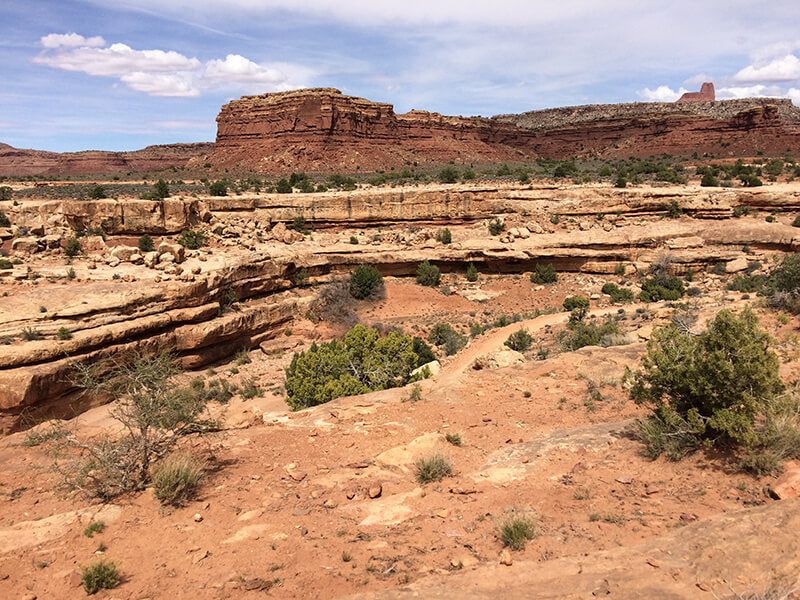Western Mountaineering’s “Alpinlite” Sleeping Bag:
This “Made In The USA” 3-season bag helped me feel warm again after my icy swims and kept my feet toasty throughout the nights. The construction around your head is just perfect – snuggly yet roomy and it has a great down collar sewn in to warm the back of your neck. It also only weighs 1 lb 13 oz!
Sea-to-Summit’s “Comfort Light Insulated” Pad:
It’s perfect for those cool nights (+/- 40 degrees) for someone like me who is always cold. Good warmth (R Value 4.2)/weight (20.5 oz) trade-off. Simple to inflate/deflate and easily rolls back up to fit in the bag it came in. The nylon fabric was a little noisy right out of the box, but it didn’t keep me from getting a great night’s sleep under the stars.
Berghaus’ “Vaporlite Hyper Smock” Jacket:
This is one of my favorite pieces of all time…SUPER LIGHTWEIGHT, supple, quiet fabric; packs down smaller than my fist. At 3.5 oz, it’s considered by many as the lightest waterproof jacket in the world. Besides keeping the wetness out, it also helps keep warmth in. Over a down sweater (or two), it was just the perfect layering piece when the canyon was cool, wet, and windy.
Osprey’s Dry Sacks:
A light-weight, versatile waterproof essential if you’re going to encounter rain or possibly go swimming. With the cool temps, I needed dry clothes (and electronics)! Just be careful because the canyon’s sandstone is no friend to these valuable items.
Garmont’s “Dragontail MNT/GTX” Shoes:
A dream for canyoneering (or wet weather in general). This approach-style shoe is light-weight with firm, sticky Vibram rubber soles that provide great friction and performance on the slick rock in the canyon. The 1.8 mm water repellent suede coupled with the Gore-Tex Extended Comfort Footwear kept my toes comfortable and dry in the cool, wet conditions.




